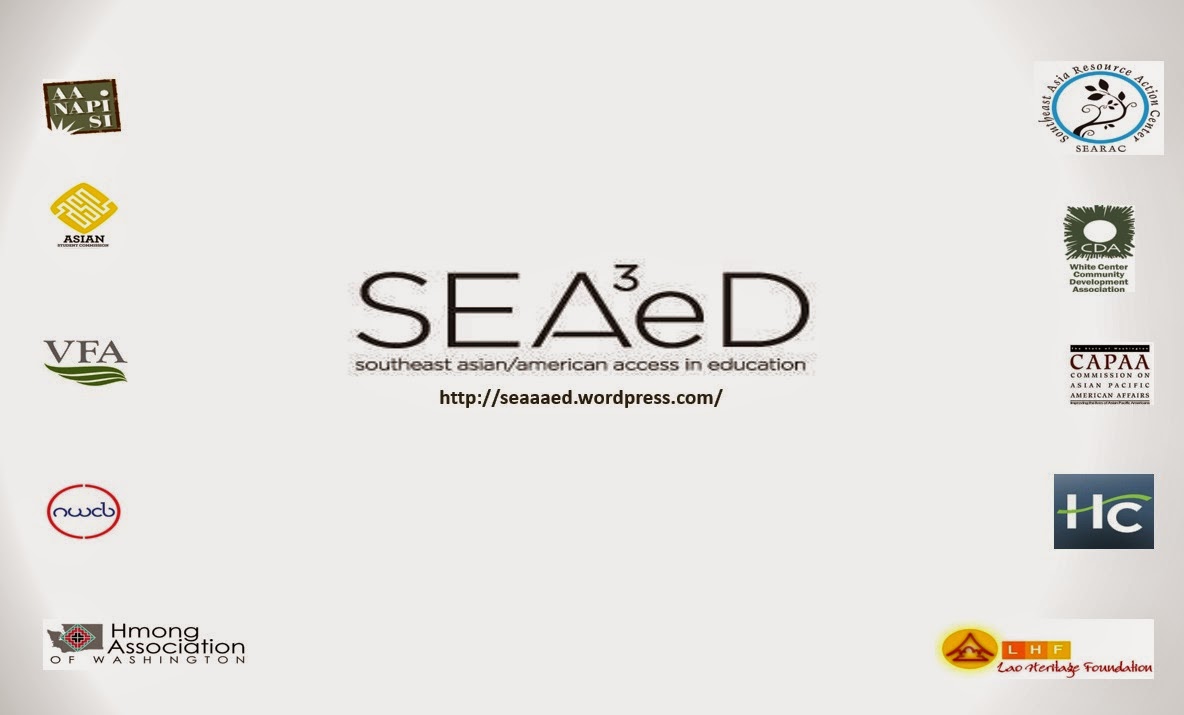For a lot of us Asians (and probably a lot of immigrant groups) education is the cornerstone of our existence in the United States. Throughout my own childhood, my parents repeatedly drilled into my head the importance of education; that America was the land where their dreams of raising over-educated egg-headed kids could come true; and (of course) that education would be the bringer of respect and wealth beyond our dreams. But for a lot of folks, especially people of color, these dreams of educational prowess fall short due to circumstances beyond our individual control. Even though it is true that some Asians are able to climb the educational social ladder and become successful scientists, doctors, lawyers, professors (or just any profession that requires a ridiculously number of educational years to attain), the Asian model minority pathway is largely a myth and there are still many people of Asian descent who face challenges to educational success. These challenges include reduced access to basic resources, such as financial security, information, safety, and food, and also encompass the cultural differences which can both affect how people communicate their needs and how they empower themselves to push for positive change for themselves and their communities. Coming in to address these barriers is the Southeast Asian-American Access in Education (SEA3eD), a volunteer-run, grassroots organization whose goals are to achieve educational equity through legislative reform and community outreach.
In the past months, SEA3eD has been fighting for the disaggregation of data related to how Asian communities are counted in government and social institutions. For example, look at these surveys below:
 |
| *US Census Bureau, 2010 Census Questionnaire |
 |
| * Northwestern Mutual Questionnaire (2015) |
Currently, SEA3eD is an author and vocal supporter of omnibus bill HB1541, a bill moving through the Washington State Legislature which outlines the need for education reform and proposes for core changes in how schools and school districts carry-out their work. These changes include the disaggregation of data, the active recruitment and retainment of more educators of color, reductions in suspensions and expulsions of students of color (and thus disrupting the prison pipeline), and other changes which help to close the education opportunity gap.
Obviously, there is a LOT of work to be done and many ways for CLP '14 to get involved. Besides helping with SEA3eD's campaigning, such as getting our family and friends to let their legislators know that they support HB1541, we are focused on supporting community outreach efforts that increase awareness and engagement in immigrant and refugee communities. The extent of our class' involvement is still being worked out, but I'm hopeful that we'll carry out tons of meaningful and effective work moving forward!!

No comments:
Post a Comment